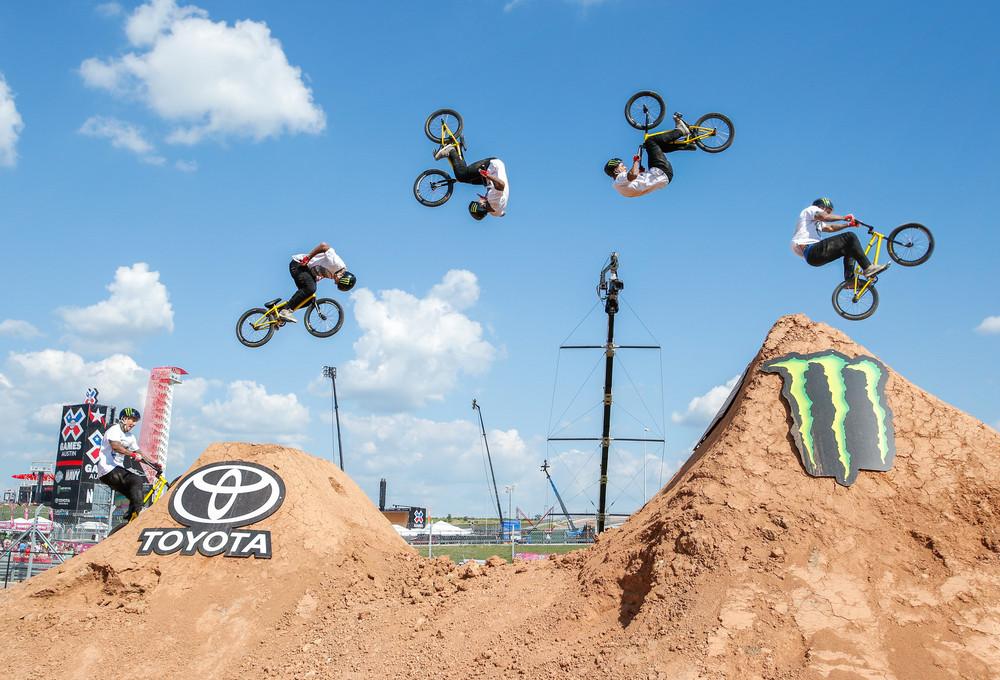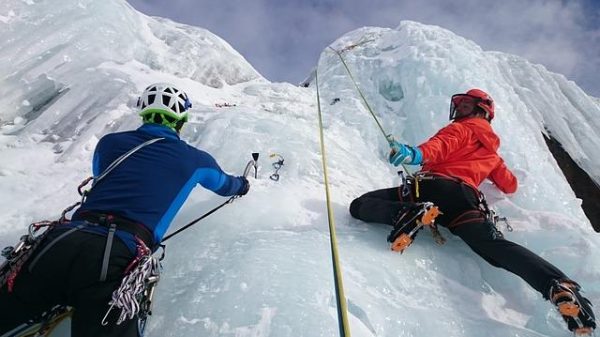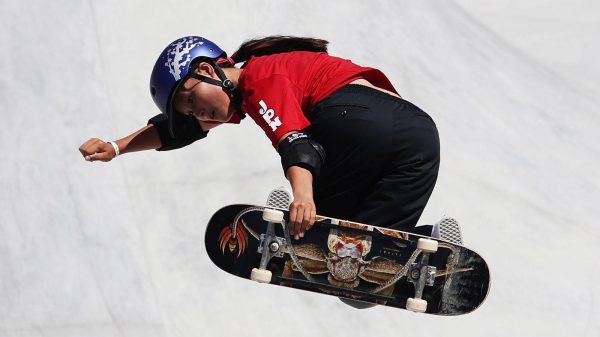In recent years, the world of extreme sports has surged in popularity, captivating audiences with its blend of adrenaline, skill, and daring feats. As this sector grows, so too does the allure of sponsorships from prominent brands eager to associate themselves with the thrill and excitement these sports offer. However, beneath the surface of this lucrative relationship lies a pressing concern: are these sponsorships placing undue pressure on young athletes? This article delves into the complex dynamics between extreme sports sponsorships and the expectations placed on emerging talents. By examining the psychological, physical, and ethical dimensions, we aim to uncover whether the pursuit of corporate backing is compromising the well-being and development of these young athletes, who are often thrust into the spotlight before they are ready.
The Rise of Extreme Sports Sponsorships Among Youth
In recent years, the allure of extreme sports has captivated the younger generation, drawing them into a world where adrenaline and skill are intertwined. With this surge in popularity comes a burgeoning industry of sponsorships, where brands are eager to capitalize on the fresh and dynamic appeal of young athletes. However, this trend raises concerns about the potential pressure placed on these budding talents. Sponsorships, while providing financial support and opportunities, often come with expectations that can be overwhelming for young athletes still finding their footing. The demands to perform consistently, maintain a public persona, and align with brand values can add layers of stress to their already challenging athletic pursuits.
- Increased Performance Expectations: The presence of sponsors can elevate the stakes, pushing young athletes to prioritize competition over personal growth.
- Public Image Management: With sponsorships, athletes may feel compelled to curate their public image, which can detract from their focus on the sport itself.
- Balancing Act: Navigating school, training, and personal life becomes increasingly complex under the scrutiny of corporate partners.
As the trend of extreme sports sponsorships continues to rise, it is crucial to consider the implications on youth development and well-being. Striking a balance between leveraging these opportunities and safeguarding the holistic growth of young athletes is essential for fostering a sustainable and healthy sporting environment.
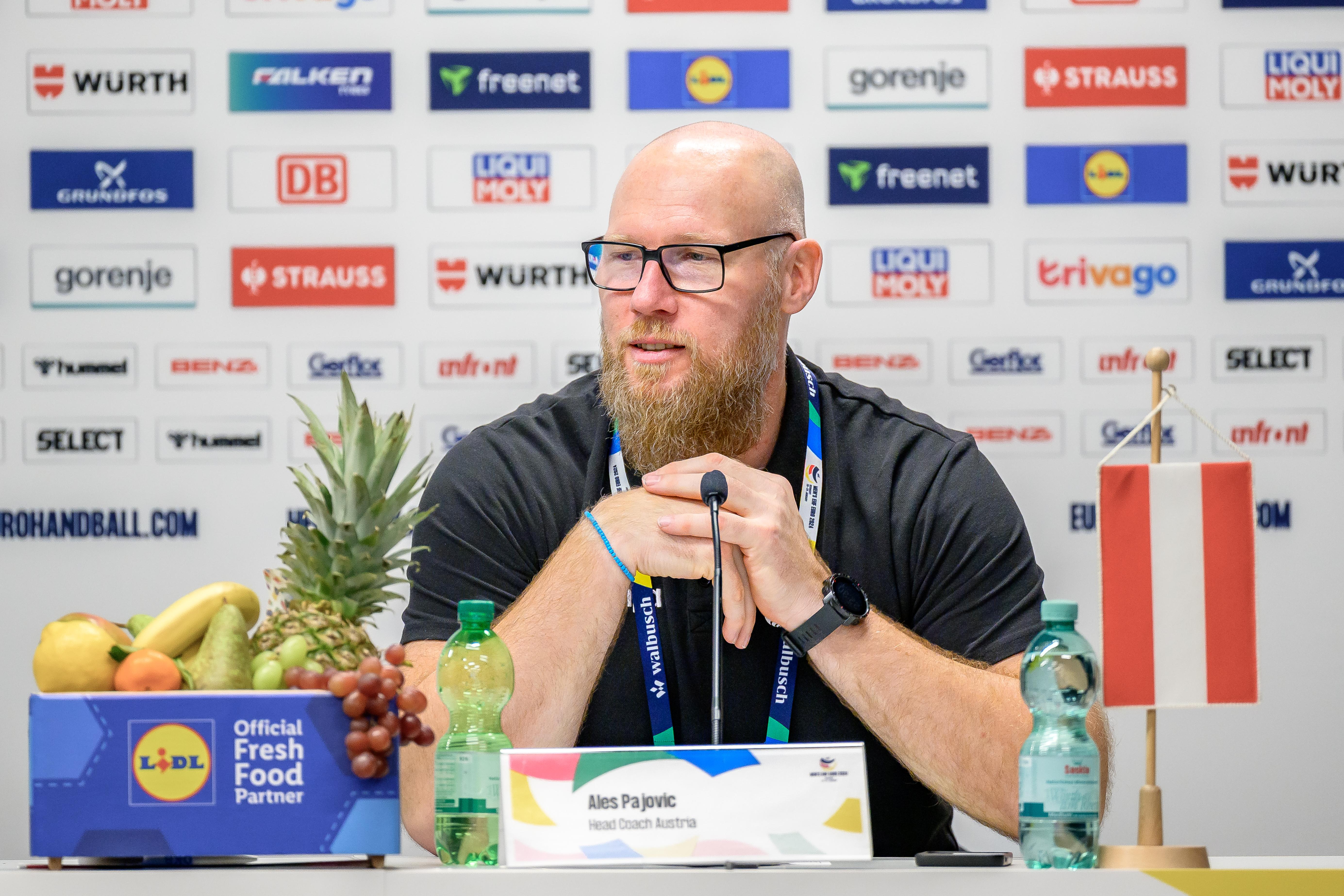
The Psychological Impact of Sponsorship Pressures on Young Athletes
In the high-stakes world of extreme sports, young athletes often find themselves navigating the complex dynamics of sponsorship deals that can inadvertently affect their mental well-being. The pressure to consistently perform at peak levels, coupled with the expectations of sponsors, can lead to significant psychological stress. This stress manifests in various ways, such as anxiety, burnout, and a fear of failure. These athletes, still in their formative years, are tasked with balancing their passion for the sport with the commercial demands placed upon them. The stakes are high, as a single underperformance can jeopardize their financial support and career trajectory.
Several factors contribute to the heightened stress experienced by these young competitors:
- Performance Expectations: The need to maintain an exceptional level of performance to satisfy sponsor demands can lead to overwhelming pressure.
- Public Scrutiny: Increased visibility due to sponsorships often subjects athletes to public criticism and judgment, amplifying stress levels.
- Identity Challenges: The merging of personal identity with a brand can lead to internal conflicts, as athletes struggle to distinguish their personal goals from sponsor objectives.
Understanding these pressures is crucial for stakeholders, including coaches, parents, and sponsors, who must foster environments that prioritize the mental health and well-being of young athletes. By doing so, they can help cultivate resilience and support sustainable athletic careers.
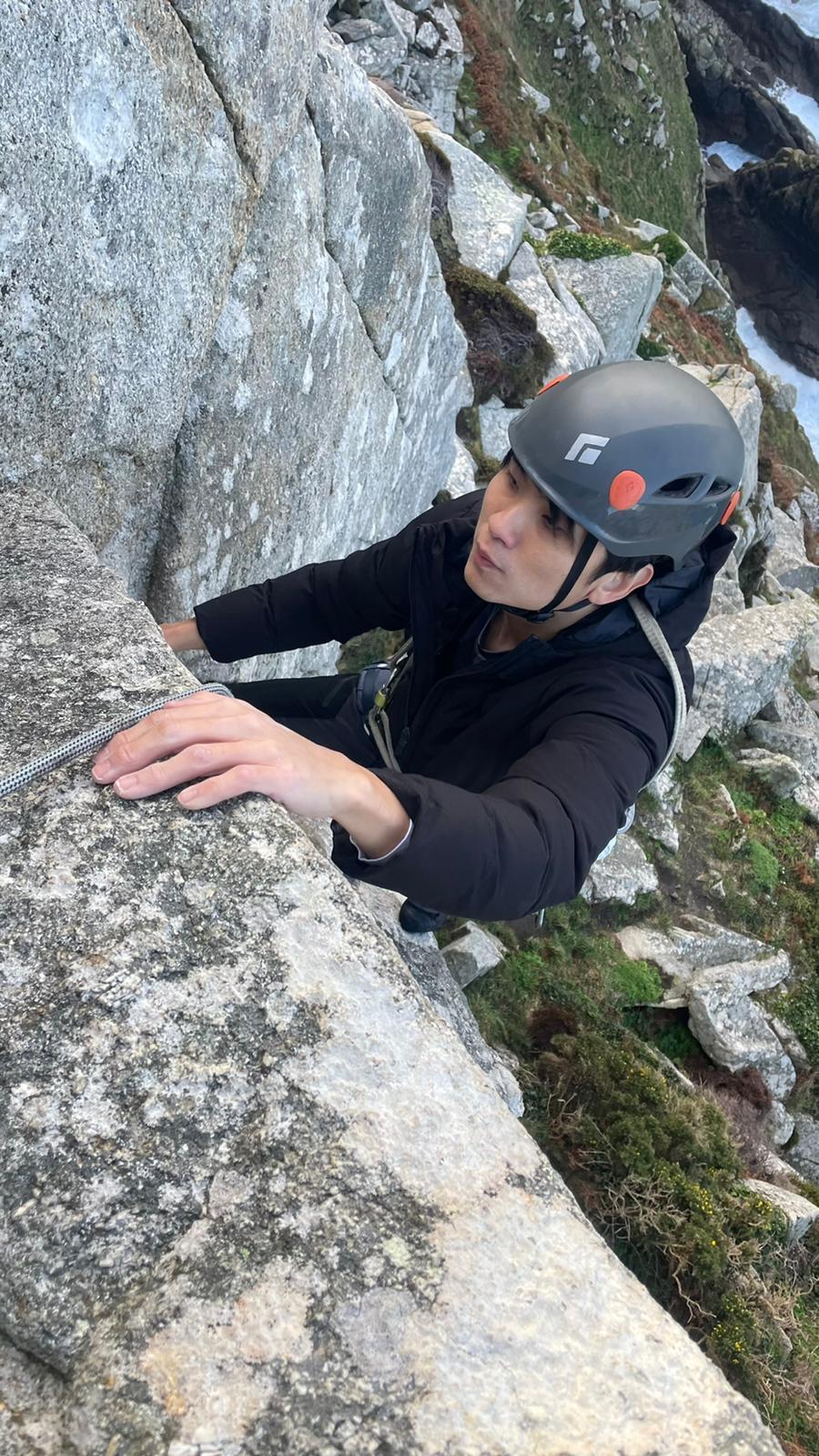
Balancing Ambition and Well-being in Youth Sports
In the high-stakes world of youth sports, the allure of extreme sports sponsorships can be a double-edged sword. On one hand, these sponsorships offer young athletes unique opportunities to showcase their talents on grand stages, often accompanied by financial incentives and enhanced visibility. However, the pressures that come with these opportunities can be overwhelming. Young athletes may feel compelled to push their limits, risking their physical health and emotional well-being in the pursuit of success. The constant need to perform at peak levels can lead to burnout, injuries, and mental health challenges.
Parents, coaches, and organizations must work together to create a balanced environment that prioritizes the well-being of young athletes. Consider the following approaches:
- Promote a healthy balance between competition and rest, ensuring that athletes have time to recover and enjoy other aspects of life.
- Educate young athletes about the importance of mental health, providing resources and support for those who may struggle with the pressures of high-level competition.
- Encourage open communication among athletes, parents, and coaches to address concerns and establish realistic expectations.
- Foster a positive sports culture that values personal growth and team spirit over winning at all costs.
By adopting these strategies, the sports community can help young athletes navigate the demands of extreme sports sponsorships while maintaining their overall well-being.

Recommendations for Responsible Sponsorship Practices
- Prioritize Athlete Well-being: Sponsors should focus on the holistic development of young athletes by providing resources that promote mental and physical health. This includes access to sports psychologists, nutritionists, and personalized training programs.
- Set Realistic Expectations: Clearly communicate performance expectations to avoid undue pressure. Sponsorships should be structured to encourage growth and learning, rather than solely performance-based incentives that can lead to burnout.
- Ensure Transparency: Maintain open and honest communication with athletes and their families about sponsorship terms and conditions. This transparency helps build trust and allows athletes to make informed decisions about their careers.
- Encourage Education: Sponsors should support the educational pursuits of young athletes, ensuring that they have the opportunity to develop skills beyond sports. This can be achieved through scholarships or flexible scheduling that accommodates academic commitments.
- Promote Positive Role Models: Align with athletes who embody positive values and can serve as role models for young sports enthusiasts. This not only enhances the brand image but also inspires young athletes to prioritize character and integrity.
In Retrospect
the sponsorship of young athletes in extreme sports presents a complex interplay of opportunity and pressure. While these sponsorships can provide vital financial support and career advancement, they also introduce a heightened level of expectation that can be overwhelming for developing athletes. It is imperative for sponsors, coaches, and guardians to prioritize the well-being of these young individuals, ensuring that their mental and physical health are not compromised in the pursuit of success. By fostering a balanced approach that values personal development alongside competitive achievement, the industry can better support young athletes in navigating the challenges inherent in extreme sports. As we continue to celebrate their remarkable talents, it is crucial that we also safeguard their future, ensuring that the thrill of the sport does not come at the cost of their well-being.
